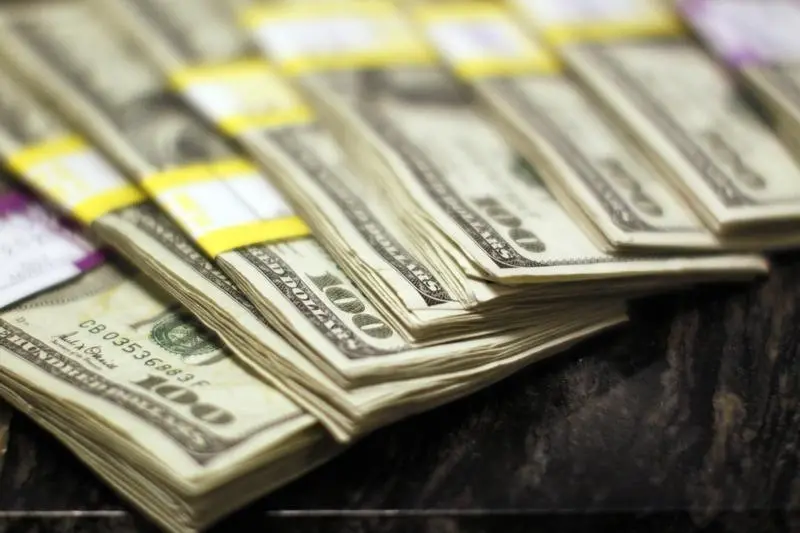PHOTO
KHARTOUM- Sudan's transitional government will start a nine-month economic rescue plan next month aimed at curbing rampant inflation while ensuring supplies of basic goods and is asking the World Bank for $2 billion, the country's finance minister said on Monday.
Shortages of bread, fuel and medicine coupled with hefty price rises sparked protests that led to the toppling of longtime ruler Omar al-Bashir in April.
The economy has remained in turmoil as politicians negotiated a power-sharing deal between the military and civilians. The government was appointed this month.
Finance Minister Ibrahim Elbadawi told reporters the new plan would restructure the budget and tackle inflation but leave bread and petrol subsidies in place until at least June 2020.
"It aims ... to restructure the banking sector, rationalise government spending, address the state's financial burden and review tax exemptions, because 60% of economic activity is tax exempt," Elbadawi said. It would also combat corruption.
The transitional government, led by Prime Minister Abdalla Hamdok, is Sudan's first since Bashir's overthrow.
The government needs billions of dollars to import basic goods such as fuel and flour. Fuel subsidies account for 8% of gross domestic product, Elbadawi said.
The government wants to replace commodity subsidies with direct cash transfers to poor families by the end of the rescue plan, he added.
Hamdok, now in New York, will ask the World Bank for $2 billion in funding, Elbadawi said. Khartoum has asked the bank to send three Sudanese experts as secondees and to help pay their salaries to improve central bank and finance ministry performance during the political transition.
Sudan has so far been unable to tap the International Monetary Fund and World Bank for support because the United States still lists the country as a state sponsor of terrorism.
"American officials have informed us that removing Sudan from the U.S. terrorism list is complicated because it is tied to Congress and could take nine months to a year," Elbadawi said.
The new economic plan aims to address the country's weakening currency, he said. The Sudanese pound is officially set at 45 to the dollar, but on the black market on Monday it was trading at 69 pounds. Elbadawi said he hoped to unify the two exchange rates by June.
Hamdok said in an interview with Reuters shortly after his appointment in August that Sudan needed $8 billion in foreign aid over the next two years.
(Writing by Ulf Laessing and Mahmoud Mourad Editing by Raissa Kasolowsky and Patrick Werr) ((Ulf.Laessing@thomsonreuters.com; Reuters Messaging: follow me on twitter @ulflaessing))





















